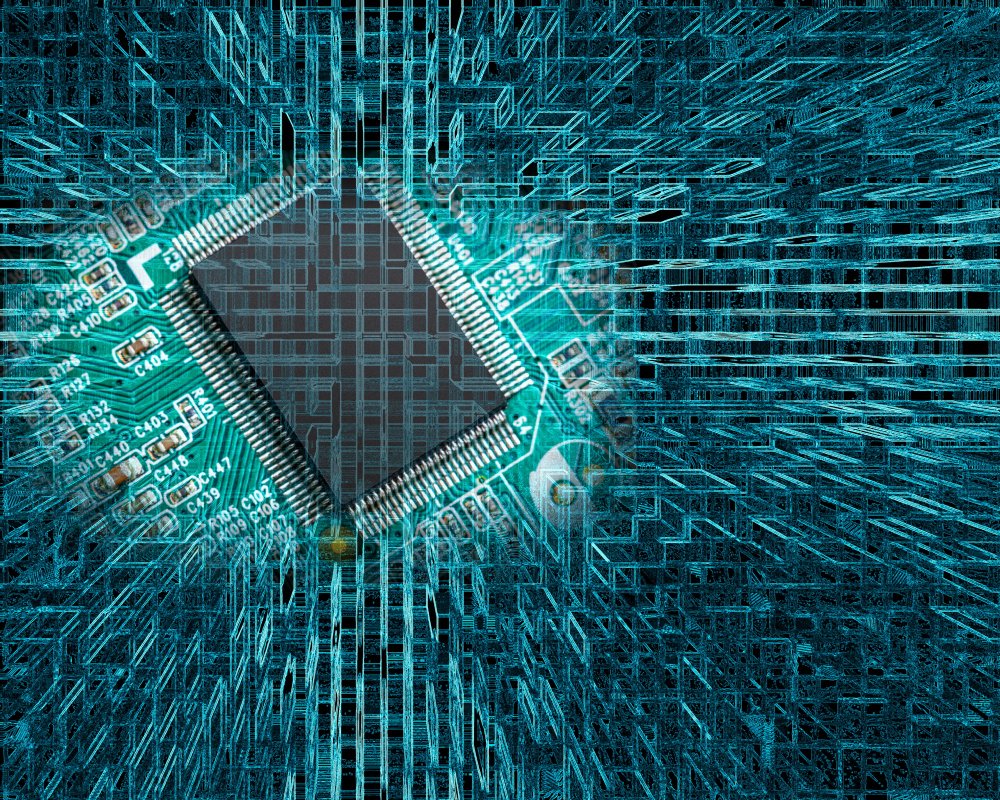Zeochip com: The Future of Nanochip Technology and Its Real-World Applications

In the evolving world of microelectronics and biotech, ZeoChip com has surfaced as a topic of interest among researchers, tech enthusiasts, and even conspiracy theorists. While details on the site itself remain limited or vague, the term “ZeoChip” continues to stir curiosity. What exactly is it? Is it a revolutionary nanochip? A digital identity chip? A fictional invention wrapped in mystery? This guide explores everything known about Zeochip.com — from what it might represent to the science, the speculation, and its potential real-world implications.
What Is Zeochip com?
ZeoChip com is a domain that has gained attention online for being associated with discussions around biotechnology, RFID chips, nano implants, and transhumanist technologies. Some sources claim it’s linked to a futuristic microchip concept, allegedly capable of storing data, health information, and biometric identity on a nano-scale chip that could be embedded in the human body.
However, a closer inspection reveals that ZeoChip.com is not an active commercial website in the traditional sense — at least not as of mid-2025. Instead, it has been referenced in forums, viral videos, and speculative tech articles as a concept related to bio-digital convergence and digital ID technologies.
The Concept of “ZeoChip”
The name “ZeoChip” appears to be a hybrid of “Zeo,” potentially referring to zeolite (a mineral often used in filtering and catalysis), and “chip,” referring to a microchip. This suggests the idea of a highly compact, possibly bio-compatible chip that integrates physical filtration, chemical interaction, or medical data with digital technology.
While the exact nature of ZeoChip is not officially defined, discussions about it often include:
- Implantable chips for health monitoring
- Digital wallets embedded in the body
- Real-time biometric tracking
- Wireless data transfer from internal chips
- Integration with IoT or 6G networks
Zeochip com and the Rise of Nano-Implant Technology
Though ZeoChip.com itself does not offer concrete information about a commercial product, it brings attention to a very real and growing field: nano-implantable technologies.
1. Bio-Chips in Medicine
In modern medicine, implantable biochips are already in use to:
- Monitor glucose levels in diabetics
- Track cancer cells in real-time
- Alert medical professionals during heart arrhythmias
- Store and transmit health data to smartphones or doctors
The idea of a “ZeoChip” aligns with these advancements, suggesting a multi-functional chip that goes beyond monitoring — perhaps to include identity verification, location tracking, and even digital payments.
2. Digital Identity and Implant Chips
Countries and tech companies are actively exploring digital identity systems that go beyond simple biometric scanning. Some prototypes involve subdermal chips that carry:
- Government ID information
- Passport data
- Vaccine and medical history
- Cryptocurrency wallets
If Zeochip were to become real, it could represent a unified device combining all of the above — a futuristic version of carrying your entire identity in your hand or wrist.
Zeochip com and Online Speculation
It’s impossible to talk about ZeoChip com without touching on the swirl of conspiracy theories and online speculation that surround it. Various YouTube channels, Reddit posts, and blogs have made unverified claims, including:
- ZeoChip is part of a global digital surveillance agenda
- It will be used to replace physical currency
- It contains nanobots or tracking mechanisms
- It can alter DNA or influence thoughts (a wildly unsubstantiated claim)
While these theories generate interest and traffic, none of these claims are backed by scientific or verified data. It’s important to differentiate real advancements in nanotechnology from viral fear-mongering.
Ethical Concerns Around Bio-Chips Like ZeoChip
If something like ZeoChip were real or under development, there would be significant ethical and privacy concerns to consider.
1. Privacy Invasion
A chip that contains personal, medical, and financial information could easily be misused or hacked. It raises the question: Who controls the data? And can it be remotely accessed or altered?
2. Government Overreach
In some dystopian visions, governments could use such chips to monitor citizens’ movements, spending, or health in real-time. Even though biometric passports and facial recognition are already a step in that direction, implantable chips intensify the debate.
3. Human Rights
Would people be forced to get chipped to access services like banking, healthcare, or travel? That could infringe on personal freedom and bodily autonomy.
Zeochip.com in the Context of Tech Innovation
Despite the speculation, it’s worth noting that real companies and scientists are working on chip innovations that might resemble ZeoChip in function.
Notable Innovations Include:
- Elon Musk’s Neuralink: A brain-computer interface chip designed to help treat neurological disorders.
- DSruptive: A Swedish company producing implantable microchips for personal and medical use.
- Smart Dust (UC Berkeley): Microscopic sensors that can monitor environments or biological processes.
So while Zeochip.com remains mysterious, the underlying idea is rooted in real-world tech development.
Could ZeoChip Be the Next Big Thing?
It’s entirely possible that “ZeoChip” is a prototype name, a marketing concept, or even a speculative invention for a future-forward product. As technologies like biometric authentication, wearables, and digital ID evolve, a multifunctional implantable chip like ZeoChip could eventually become a commercial reality.
Here’s what would make it viable:
- Nano-scale size with maximum data storage
- Wireless data transfer (5G/6G)
- Integration with government ID systems
- Medical and financial data encryption
- Biocompatibility with the human body
Final Thoughts: The Real Meaning Behind Zeochip.com
Whether ZeoChip.com is a future tech company in stealth mode, a domain purchased for speculation, or just a viral name attached to current trends, one thing is clear: it symbolizes a growing global conversation around implantable technologies, digital identity, and the convergence of biology with AI.
We may not have a definitive answer about ZeoChip.com today, but the technology it represents is not far-fetched. As the lines between humans and machines blur, we are inching closer to a world where such chips could play a central role in how we live, communicate, and operate.
FAQs About ZeoChip.com
Q1. Is Zeochip.com a real tech company?
As of now, Zeochip.com does not appear to belong to an active or public-facing tech company.
Q2. Is ZeoChip an actual implantable chip?
There’s no verified chip product named “ZeoChip,” but the idea aligns with existing trends in nano implants and biometric chips.
Q3. Are there dangers to implantable biochips?
Yes — including hacking risks, privacy concerns, and ethical dilemmas regarding data control and consent.
Q4. Can chips like ZeoChip track people?
Theoretically, yes. Chips with GPS or wireless transmission can track movements, but such usage would spark major privacy debates.
Q5. Will humans be forced to get chipped in the future?
There is no evidence suggesting mandatory microchipping on a global scale, but it remains a popular subject of speculation and debate.



















